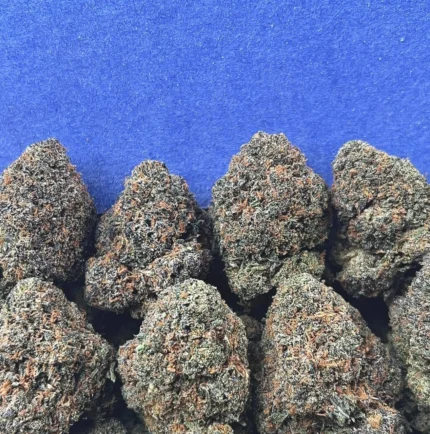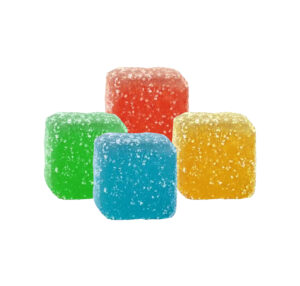Magic mushroom microdosing is a technique that has grown in acceptance among those looking for non-traditional ways to improve mental and emotional health. Taking magic mushrooms in very small doses, often between one-tenth and one-twentieth of a typical psychedelic dose, is known as Magic Mushrooms Vancouver. This practice has aroused interest in Vancouver, with a rising desire to comprehend the scientific rationale underlying its possible impacts.
These fungi’s hallucinogenic qualities are caused by psilocybin, which is present in magic mushrooms. Psilocybin can produce strong psychedelic effects when used in greater doses. However, the effects are more subtle and frequently referred to as mild mood, focus, and creativity improvement at microdose levels.
Only a small amount of clinical study has been done, especially on magic mushroom micro dosing. Thus, the science behind it is still in its infancy. The probable processes that might underlie the impacts that have been identified, however, have been revealed by some investigations. According to one theory, serotonin receptors in the brain may be modulated by microdosing, resulting in increased neuroplasticity and improved communication between different brain regions.
An important part of the effects of microdosing is assumed to be played by serotonin, a neurotransmitter linked to mood control and cognition. Psilocybin may encourage neurogenesis, or the creation of new neurons, and improve the plasticity of brain networks through interacting with serotonin receptors. The documented cognitive and emotional effects of microdosing could be attributed to this greater flexibility.
In addition, research indicates that psilocybin may encourage the release of brain-derived neurotrophic factor (BDNF), a protein that aids in the survival and expansion of neurons. BDNF has been connected to learning and mood control and is essential for neuroplasticity. Ongoing research is being done to determine whether BDNF may have a part in how microdosing works.
The scientific understanding of the effects of microdosing is constantly developing, and it is crucial to remember that individual reactions can differ. The results of microdosing may be affected by variables like dosage, frequency, and personal biochemistry. In addition, the context in which microdosing occurs, such as mentality, surroundings, and intentions, may also impact how the experience and perceived advantages are shaped.
People in Vancouver have been investigating the possibilities of magic mushroom microdosing to improve brain function and personal growth because of the city’s pervasive open-minded and progressive attitude towards complementary ways to well-being. Many people who take microdoses feel more creative, focused, and generally well-built. But people must approach micro dosing with restraint, respect, and sound judgment.
In conclusion, although the science underpinning Vancouver’s Magic Mushroom Microdoses Vancouver is still in its infancy, recent findings point to probable methods by which microdosing can affect brain function. The claimed cognitive and emotional effects of microdosing could be attributed to psilocybin’s interaction with serotonin receptors and a potential modification of neuroplasticity pathways. More study is required to fully comprehend the effects of microdosing, ideal procedures, and potential therapeutic uses as microdosing continues to gain popularity.







